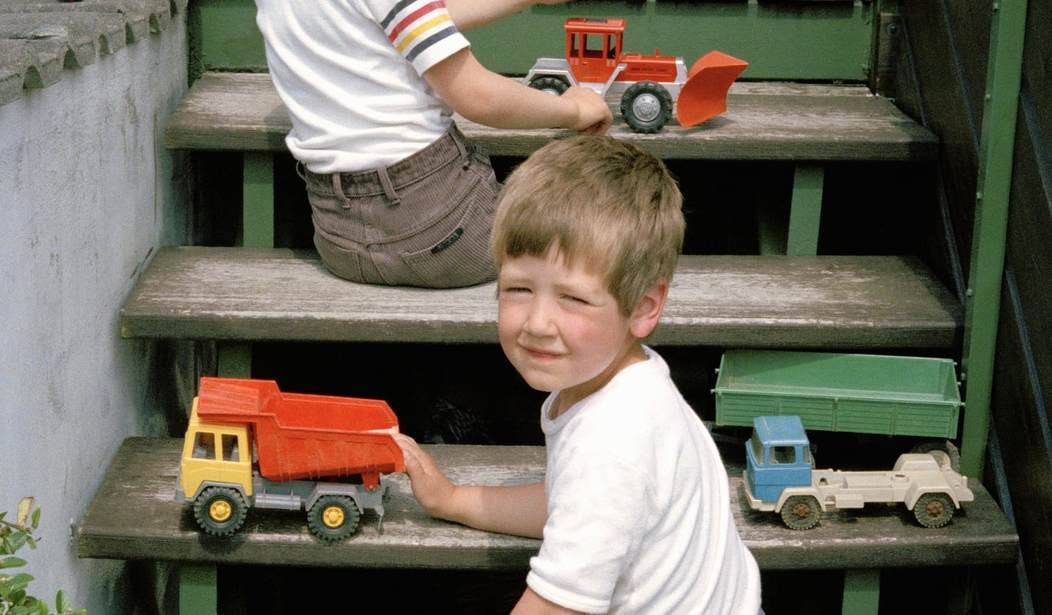A new University of Michigan study urges preschool teachers to avoid saying “they’re just boys being boys” or to remind girls to have “good manners,” lest those teachers accidentally “contribute to gender inequality in early childhood.”
Heidi Gansen — who previously was awarded by the American Sociological Association for her research on “heteronormativity” in preschools — published her latest study in the new issue of the journal Sex Roles.
For her new study, “Push-Ups Versus Clean Up: Preschool Teachers Gendered Beliefs,” Gansen spent 400 hours in Michigan preschools from July 2015 to April 2016. During that time, UM awarded Gansen more than $23,000 in research grants, according to her CV.
Gansen begins by setting the stage: teachers have a strong influence on children.
Preschools are just one way “through which an unequal gender system is reproduced because interactions between teachers and students organize and define boys and girls differently,” explains Gansen, who taught at UM before she graduated this spring.
Gansen sought to answer two questions.
“How do teachers’ expectations for children’s behaviors and use of disciplinary practices contribute to gender inequality in preschool? And, how do preschool teachers transmit and “do gender” through disciplinary practices and interactions?” she asks in her paper.
Gansen was surprised that teachers, during interviews, conveyed “gendered stories about why differences in children’s behaviour exist.” (Nowhere in her paper — it should be noted — does Gansen acknowledge that boys and girls actually do behave differently.)
One teacher was called out for observing sex-differences in behavior.
“The boys typically are more rambunctious than the girls,” said one teacher. “Like boys are roughing and toughing all the time and then girls are more fighting and upset because someone took their toy.”
Meanwhile, one was criticized for telling Gansen that “boys will be boys.”
“With boys… they always have to flop on top of one another. They’re always jumping on one another or rolling around on the ground, like tussling. Like they’re just boys being boys. And so what’s the most challenging is getting them to like just keep their hands to themselves,” another teacher told Gansen.
But while these teachers may have assumed they were helping a well-intentioned PhD student, Gansen had a different motive. Instead, she used her observations to criticize how these teachers “reify gendered practices” and “hegemonic gender ideologies.”
Gansen’s conclusion is hard to swallow.
“Teachers’ gendered disciplinary interactions provide a key way in which children become recruited to gender in preschool and learn the normative conceptions of femininity and masculinity,” she writes.
Further, “teachers’ gendered expectations for children’s behaviors offer mechanisms through which gender differences continue to be perceived as natural and contribute to gender inequality in preschool.”
To fix this, Gansen suggests an intervention.
“Perhaps if we change preschool teachers’ gendered expectations for boys’ and girls’ behaviors this will spark a change… and better allow for the possibility of children’s individual identities to be shaped differently,” urges Gansen.
Gansen did not respond to inquiries from PJ Media. The University of Michigan also did not immediately return an inquiry about the $23,000 Gansen was awarded during the course of her research project. This article will be updated if and when a response is received.
Follow the author of this article: @Toni_Airaksinen.










Join the conversation as a VIP Member